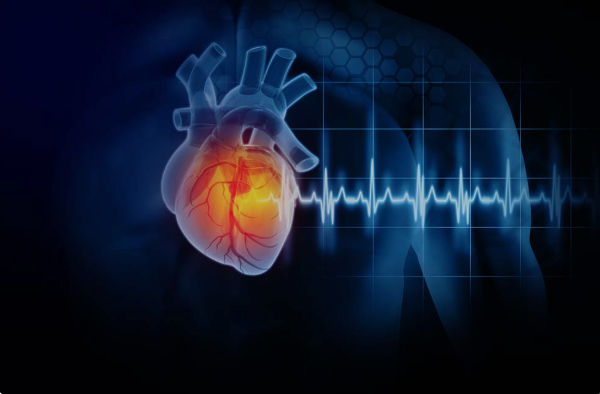Cardiac arrest, once considered a health risk mainly for older individuals, is now becoming increasingly common among young people. The sudden collapse of seemingly healthy individuals has raised concerns about the underlying causes and necessary precautions to prevent such incidents.

A Shocking Incident: Young Woman Dies While Dancing
A recent tragic case from Vidisha, Madhya Pradesh, highlights the growing concern. A 23-year-old woman from Indore collapsed and died while dancing at a wedding ceremony. The entire incident was captured on video and widely shared on social media. Reports suggest that she suffered a sudden heart attack during her performance.

Causes of Cardiac Arrest in Youth
- Undiagnosed Heart Conditions
Genetic or congenital heart diseases, such as hypertrophic cardiomyopathy and arrhythmogenic right ventricular dysplasia, can trigger sudden cardiac arrest in young individuals.
- Intense Physical Exertion
Strenuous workouts, excessive athletic training, or high-stress activities without proper medical supervision can put a strain on the heart, leading to fatal complications.
- Electrolyte Imbalance
Deficiency or excess of essential minerals like potassium, magnesium, and calcium can disrupt heart rhythms, increasing the risk of cardiac arrest.
- Substance Abuse and Unhealthy Lifestyle
The use of drugs, excessive alcohol consumption, smoking, and an unhealthy diet can contribute to heart-related issues, even in young individuals.
- Stress and Anxiety
Increased stress levels due to academic pressure, work demands, or emotional turmoil can negatively impact heart health, potentially triggering sudden cardiac episodes.
- Obesity and Sedentary Lifestyle
Lack of physical activity and unhealthy eating habits contribute to obesity, diabetes, and hypertension—factors that increase the likelihood of cardiac arrest.

Precautions to Prevent Cardiac Arrest in Youth
- Regular Health Check-ups
Routine heart screenings and medical check-ups can help detect underlying heart conditions early.
- Healthy Diet and Lifestyle
A balanced diet rich in fruits, vegetables, whole grains, and lean proteins, along with regular exercise, can significantly reduce heart disease risk.
- Avoiding Substance Abuse
Steering clear of smoking, alcohol, and drugs can help maintain a healthy cardiovascular system.
- Managing Stress
Practicing mindfulness, meditation, yoga, and engaging in hobbies can reduce stress and its harmful effects on the heart.
- Recognizing Warning Signs
Symptoms like chest pain, shortness of breath, dizziness, and irregular heartbeats should never be ignored and must be checked by a doctor immediately.
- Learning CPR and First Aid
Knowing how to perform CPR (Cardiopulmonary Resuscitation) can be life-saving in case of a sudden cardiac arrest emergency.

